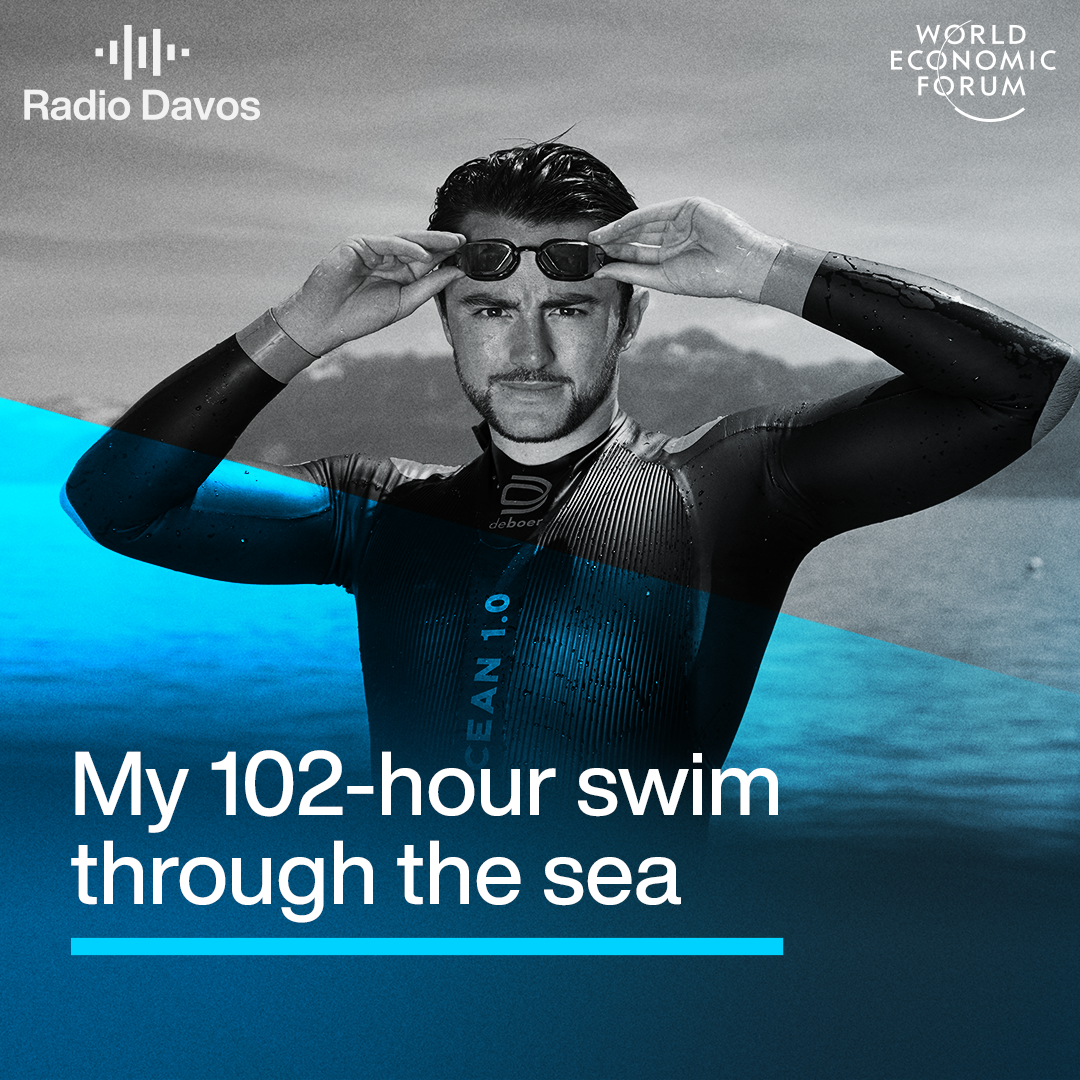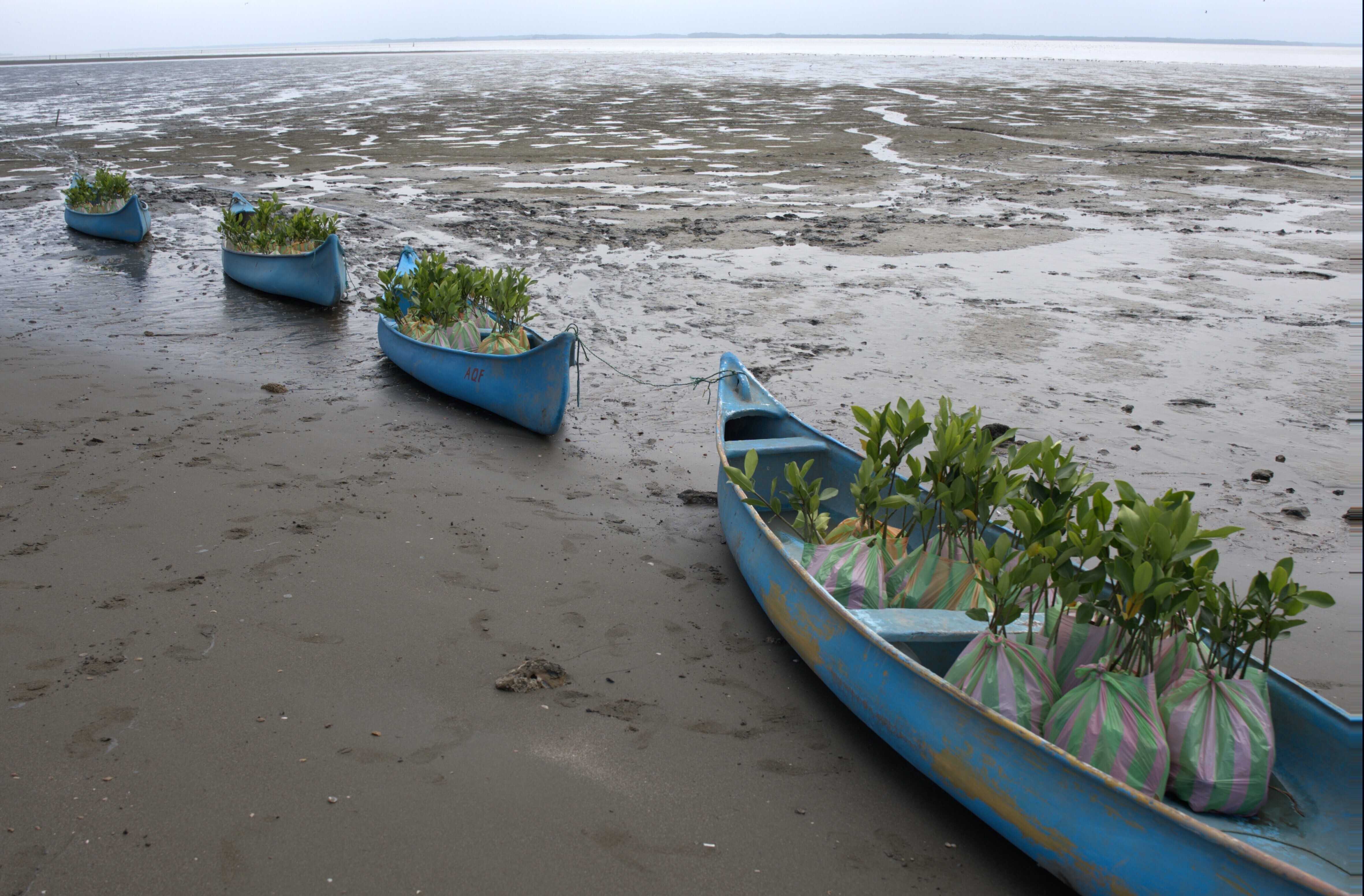Three ways we can save the world’s oceans

In 1969, humankind shot a capsule to the moon and bounced around in zero gravity, to great cheering. Two things happened that day which, to me, are more significant than the giant leap for mankind: 1. We looked back at our planet and saw that it was blue, and 2. We started out on a lunar education that has led us to know more about the moon than we do about the oceans.
The oceans cover more than 70% of the planet’s surface – which, incidentally, is the same percentage of water in your body. We are united by water, we small aquanauts who spend the first nine months of our lives afloat, until we are born into air, sound, gravity, challenge and beauty. But instead we focus on what divides us, planting our flags on far off planets, making decisions for short-term personal gain and disregarding the very thing we cannot live without: the sea.
The oceans supply more than half the oxygen we breathe, as well as food and livelihoods for more than 2 billion people. It is an enormous carbon sponge.
We stand on the shore and stare at it; we convince ourselves that something so vast and powerful can’t possibly be vulnerable. Out freediving, I’ve been dwarfed by whales, sharks and manta rays; such creatures in an enormous ocean make us feel small and removed, and blind to our own power. Tired of hearing how we are the problem, we choose to not see we are the only solution.
It’s World Oceans Day – and you are an aquanaut. Do what you can to protect what we have, what we love. It’s easy.
Firstly, it’s your ocean; tread lightly. Most of the blue of the planet is high seas (i.e. it doesn’t belong to a particular country and isn’t under national jurisdiction or protection). We need to claim ownership of our planet’s one big lung. Minding your carbon footprint is crucial to ocean health – everything you drive, everything you consume, everything you do is relevant.
Keep it clean. Living in a throwaway culture of convenience, we drink water from plastic bottles and buy individually wrapped items. The sad truth is, when we throw it away, there is no away! Continent-sized islands of plastic are clogging up marine ecosystems. We need to re-use, reduce, recycle.
Third, know your fish. Marine ecosystems are under threat from the desperate decline of fish stocks. We have come up with such innovate and efficient methods of fishing that we have caught more than 90% of our fish stocks. Before you eat a fish, know its name. How was it caught, and how’s the family? Is it a sustainable choice?
The outlook may be bleak, but take heart: we are currently in the “sweet spot”, a phrase coined by marine biologist and ocean explorer Sylvia Earle. We know enough to make the requisite changes. We just have to want to.
Author: Hanli Prinsloo is a freediver, ocean conservationist, founder of I AM WATER and a World Economic Forum Young Global Leader.
Image: A man casts his line into the waves as he fishes along the shores of Torrey Pines State Beach in San Diego, California, January 24, 2011. REUTERS/Mike Blake
Don't miss any update on this topic
Create a free account and access your personalized content collection with our latest publications and analyses.
License and Republishing
World Economic Forum articles may be republished in accordance with the Creative Commons Attribution-NonCommercial-NoDerivatives 4.0 International Public License, and in accordance with our Terms of Use.
The views expressed in this article are those of the author alone and not the World Economic Forum.
Stay up to date:
Innovation
Forum Stories newsletter
Bringing you weekly curated insights and analysis on the global issues that matter.






